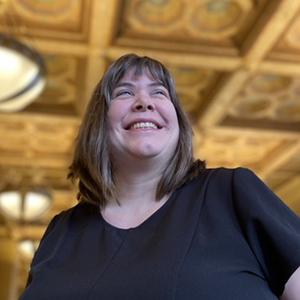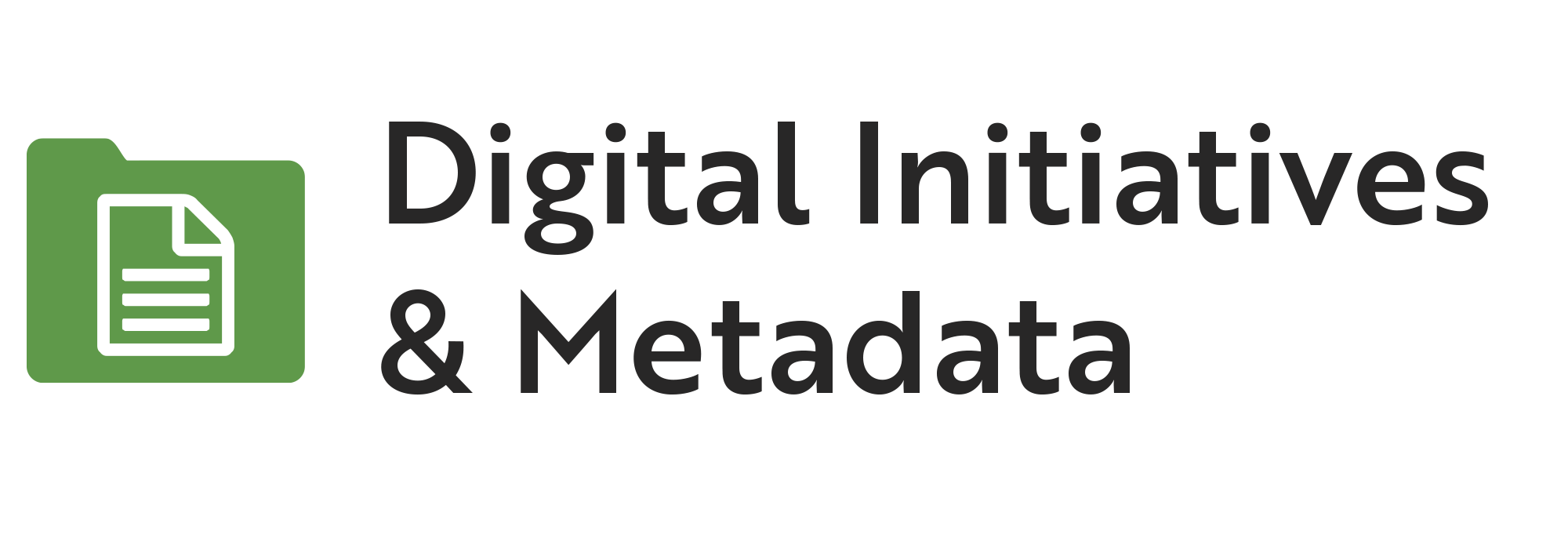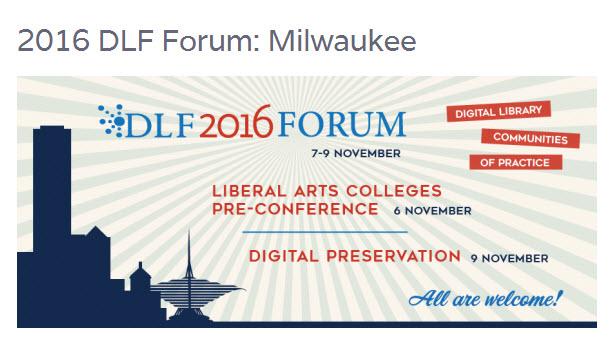by Sara Ring
Quick Summary
At the Digital Library Federation Forum session Power to the People: Personal Digital Archiving Labs, four different organizations spoke about their personal digital archiving programs and projects. Organizations represented in the session included Madison, Wisconsin Public Library, DC Public Library, the New York City XFR Collective, and the iSchool at UW-Madison.

This year I had the pleasure of attending the Digital Library Federation Forum, which took place in Milwaukee, Wisconsin, November 6-10. It was the first time that the National Digital Stewardship Alliance (now hosted by the DLF) Digital Preservation conference took place in conjunction with the Forum. While I attended many, many useful and inspiring sessions, I would like to recap one session here, with more to come in future newsletters. In Power to the People: Personal Digital Archiving Labs, four speakers from four different organizations spoke about their personal digital archiving programs and projects.
Madison Public Library
Madison Public Library recently created a digital archiving lab, open to the public. Users can sign up to use the equipment to digitize their at-risk analog materials. The lab can handle transferring VHS tape, VHS-C tapes, DVDs, audio cassettes, MiniDV tapes, Hi-8 tapes, and scanning of photographs/negatives/slides and paper documents. The lab is open every day and they have been booked solid since it opened. Learn more on their website.
DC Public Library
Washington D.C. Public Library offers a similar service to their community. They saw that there was public demand for digitization, but they also felt they wanted to do more than just provide access to scanners. They hosted a resident through the National Digital Stewardship Alliance Resident Program, and the resident built a memory lab for analog to digital transfer, built a number of resources, and offered classes to the public. The resident wrote about the memory lab on her blog and posted many of the resources and guides there.
Since the lab opened in February of 2016, they have had 1,371 users. DC public library offered classes such as digital preservation 101, digital estate planning, and archiving social media. They also hosted several events that used the lab including a home movie day and DC Zinefest. Donation to the digital collections is not required, but they do have information in the memory lab about donating to the library’s digital collection. Learn more:
XFR Collective
The 3rd presenter was from the XFR Collective. They are a small non-profit organization of about 15 people in New York City. They partner with artists, activists, and other groups in their community by offering low-cost digitization for at-risk audiovisual materials. The audiovisual material that they transfer is available for viewing and for download on the Internet Archive. Some of the organizations they’ve worked with include WITNESS, Visual AIDS, and MIX 2015. Follow them on Twitter @xfr_collective or visit their website for more information.
RADD
Dorothea Salo from the University of Wisconsin Madison School of Library and Information Studies spoke about RADD, Recovering Analog and Digital Data. RADD is a collection of hardware/software used for digitizing at-risk analog materials, and recovering data from at-risk digital media. The station resides at the UW-Madison SLIS Library. They just received an IMLS grant to create a RADD toolkit that they can loan out to institutions in the region that need it. Learn more.


